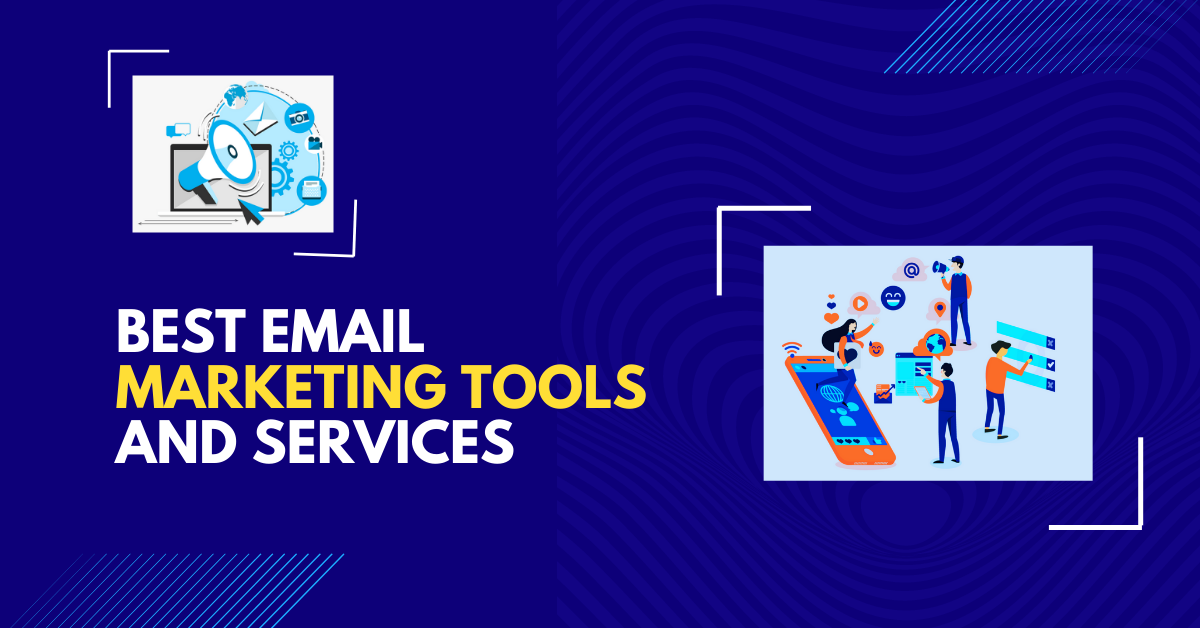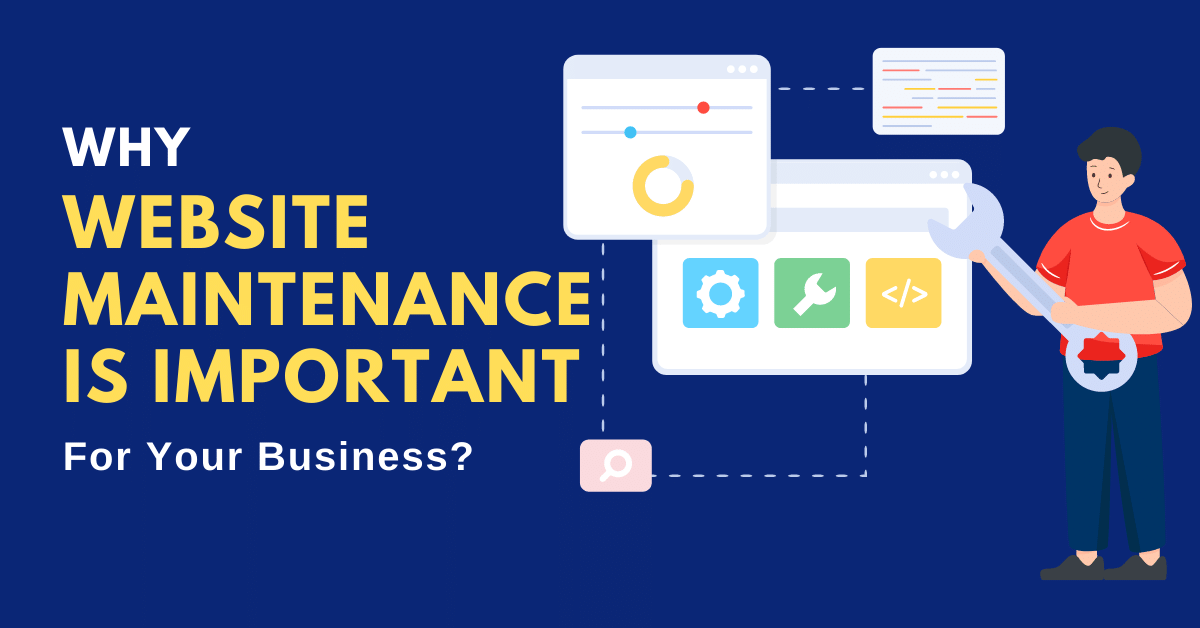
You have your blog up and running, but you are struggling for readership. You've heard about SEO, but it all sounds too complicated and time-consuming, or you can't seem to find interest in the topic. It's your lucky day today. :)
In this post, I'll cover the ten (plus one) most basic SEO tips all bloggers should follow if they want to get some good organic traffic from the major search engines.
But First, What's SEO And Why Search Matters For Blogs?
Search Engine Optimization is a massive subject, which makes this question difficult to answer simply and easily. Still, if you understand the basic concepts you'll soon see SEO isn't that big of a deal. Your goal is to make your blog and pages more search-friendly so your content (and site) will appear in search engine result pages (SERPs) when people look up your targeted keywords and phrases and you'll get relevant visits to your blog. There's on-page and off-page SEO, which are then divided into sub-techniques like keyword analysis, blog writing, article submission, social bookmarking, etc.
But to stay on the simple side, your blog will be well optimized if your content:
- Is easy for the search engines to understand;
- Is easy for the target readers to find; and
- Is easy for people to read.
Although the rules seem to constantly change, - just this year Google has made 14 algorithm changes until this day - which makes optimization too overwhelming, if your blog posts and web pages stay true to the above three points, your blog is already way ahead of any feature update; there's no need to worry.
Quality Content Is An Absolute Must!
Long gone are the days of the "old" SEO copywriting when web pages were loaded with keywords to a point that it made no sense, and in reality, hurt the actual content. Now, if you want to appear in search results, you MUST write quality content, good, interesting, and informative blog posts that are easy to read, and appeal to the audience share that your blog targets. If your content is valuable to the readers, the chances are you will also attract incoming links from other blogs and websites (more on backlinks below). As soon as search engines notice that other sites link to your content, they will move those pages up in the rankings, because they see that you have something of value, particularly if the pages include relevant information. Also, say no to plagiarism and duplicate content. If you are scraping content from other bloggers and posting on your own blog for traffic, if you don't credit the original authors, you are actually violating the guidelines of Google and any other major search engine. This will decrease your blog's credibility online, create a negative user experience, hurt your authority and, in the end, your rankings. The engines are getting more and more clever, and there's no way to win with stealing. Instead, only publish unique posts on your blog. Make sure to read these 5 tricks you can use right now to enhance any blog post.
What Keywords Do You Target?
Put yourself in the position of your readers. What will they type in the search to come to your blog post? As soon as you finish writing your post, go over it again to decide how you want readers to find it. The words and phrases you use are the keywords you should target with that page.
You can get to your organic keyword data, even though Google lists it as 'not provided'.
Not that long ago there were plenty of tools that you could use to research the audience interest for your keywords, tools like Google AdWords Keyword Tool, Market Samurai, Google Wheel, but now with Google's recent changes, the organic keyword data is listed as "not provided" in bloggers' analytics software, which means they can't analyze the phrases people use to get to their blog pages, among other missing data. Still, there are other ways you can get to your organic keyword data, and for more details click here. These words and phrases should be included in your meta titles and descriptions. When search engine algorithms see all related keywords in the right places they can much easier understand the content and index your page. But that's next in the SEO tips listing.
Write Strong Title Tags And Meta Descriptions
Metadata is information about information - meta titles and descriptions tell readers AND search engines what the page is about. Because they show in search results and searchers can read them, it's important to make them convincing so they'll want to click through to your blog. If your blogging platform isn't providing space for meta information, search the net for plugins that add such fields to your blog posts. In WordPress you can try All in One SEO Pack, or Optimize The URL It is one of the easiest, but often overlooked SEO elements by bloggers. Instead of leaving the link to your page to look something like this: www.yourblog.com/2013/post189, edit the URL to look like this: www.yourblog.com/SEO-title-with-your-keyword. This makes it easier for search engines to understand the content on your page, and readers can also better remember the link when they look for your post.
Create XML Sitemap
What's a sitemap? It's a map of all the links on your site, listed in hierarchical order. They help search engine algorithms better index (read) your blog. One of the tools you can use to create a sitemap is Google XML Sitemaps for WordPress.
Make your blog more visible in search.
Internal And External Links
Internal are links to other pages within your site, and external are links in your posts to other websites. Both are important for your blog's SEO because they help identify the keywords and can increase the ranks of the linking pages. That's why it's better to link keywords that are related to both of the articles you link, instead of placing the link on a phrase like 'click here. External links can also help you create incoming links from other blogs in your niche because these bloggers get notified when you mention them in your posts and in turn, they may link to one of yours, or even offer to guest blog if they see a potential audience in your readers. Backlinks from reputable and relevant blogs and sites are highly valued by Google for determining the rankings in search results (more on that is following). Make sure to only link to quality websites that your readers will find interesting and useful, as well as relevant, which also applies to search engines. Same as with keywords, don't overuse them.
Increase Your Blog Backlinks
The number of backlinks (links from other websites leading to your content) influences your blog authority, and that is one of the main ranking factors of any search engine. If your goal is to get a higher ranking for your blog you'll have to spend some time commenting on blogs, guest posting, promoting on social media, doing directory submission.
Don't Forget To Optimize Images
If you aim for the traffic from Google Images you must optimize the images you use in your blog posts using your keywords in the Alt Tags. Also include description and caption for every image. Decrease their size as much as you can without compromising the quality.
Use Google Webmaster And Analytics
Google Webmaster Tools and Google Analytics are two tools every blogger should use because they allow them to improve their blogs and the performance in search engine results. You can remove bad, broken links, submit sitemaps, or create sitelinks using Webmaster Tools. You can also see what keywords your blog ranks for, and what other blogs link to your content. Analytics can tell you the number of visitors, where do they come from, what do they read, or how long they stay on your pages. This is all valuable information.
Analyze And Revise
When your post is published you can use tools to analyze your page to show the primary keywords and keyword density of the copy. The Meta Tag Analyzer by SEO Centro will give you a detailed keyword analysis, the relevance of the metadata to the content on your page, and show you how the post will appear in search results. Textalyser and Live Keyword Analysis can both help you determine the keyword density based on a set primary keyword. Make sure to keep it below 5%, because otherwise, Google will penalize you. Real humans will be reading your content, so don't overstuff with unnatural terms and phrases. Only when you analyze and revise will you be able to understand how search engines see your blog posts and pages, and improve the content for better position, or change the target keywords with more adequate.
Bonus SEO Tip: How Fast Your Pages Load?
Your site speed is also important for SEO. The faster your pages load, the higher their rating when compared to other similar sites with longer loading times. To check your blog speed use GTmetrix, and if you need to speed it up try Cloudflare or MaxCDN. You will need a caching plugin too; if on WordPress install W3 Total Cache. Optimized images will also make page upload faster. In the end, here's an interesting infographic showing the "periodic table" of SEO success factors. These are the most basic, but true enough SEO tips that you can implement on your blogs if you want to get more organic traffic from the search engines. Hope you'll find them helpful. If you have something that works best for you, please share your notes in the comments.














Post Your Comment
Comments